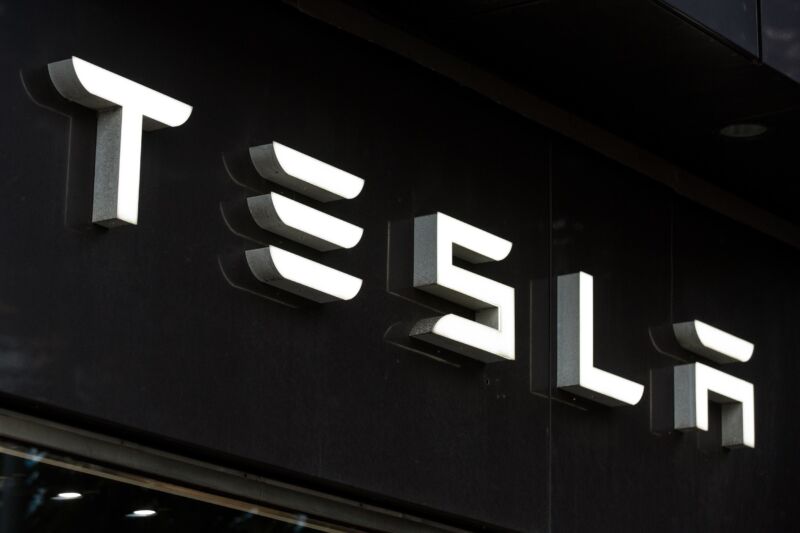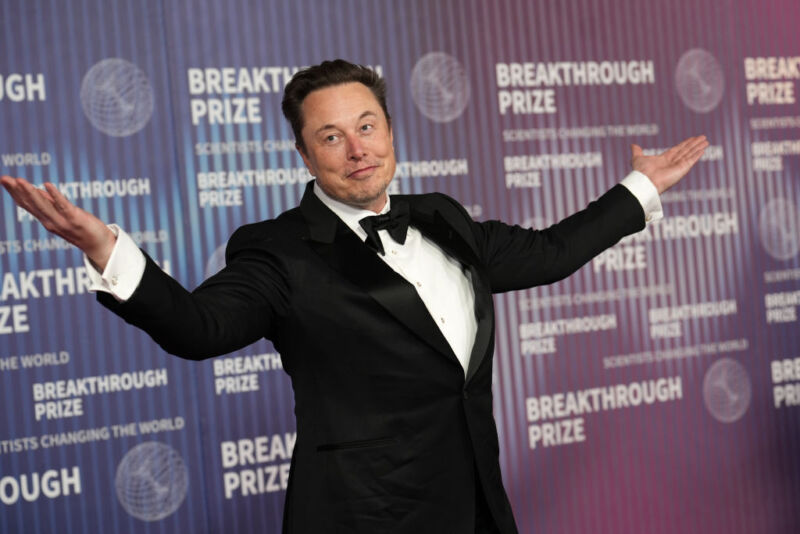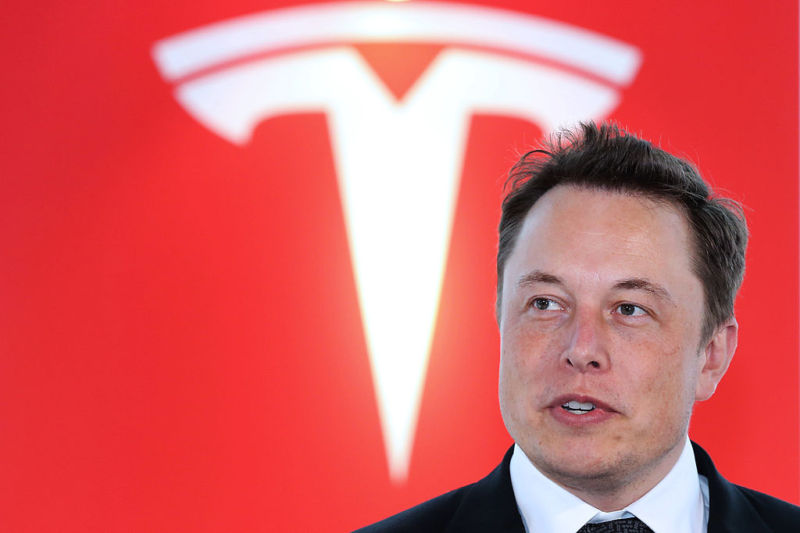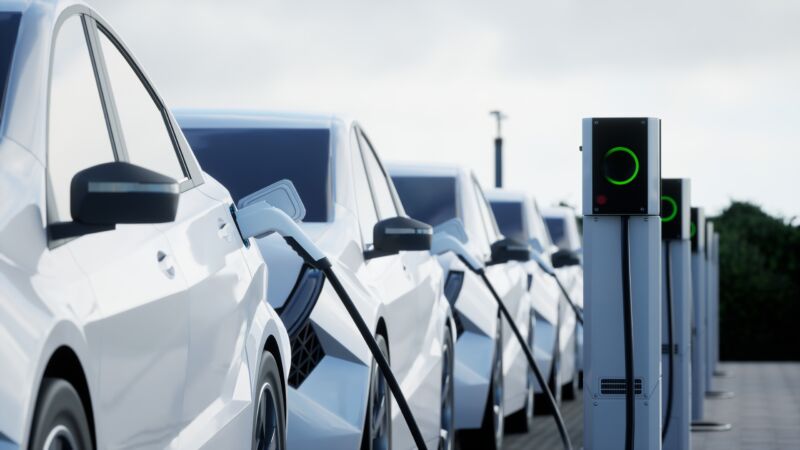Tesla says Model 3 that burst into flames in fatal tree crash wasn’t defective
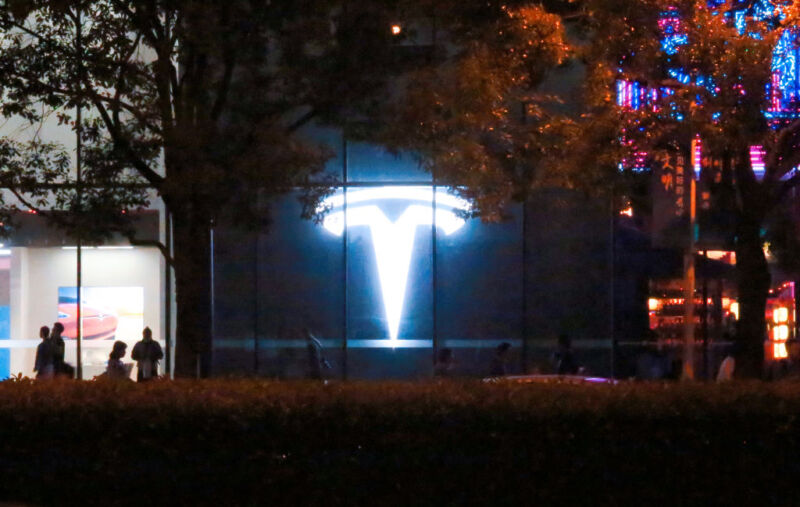
Tesla has denied that "any defect in the Autopilot system caused or contributed" to the 2022 death of a Tesla employee, Hans von Ohain, whose Tesla Model 3 burst into flames after the car suddenly veered off a road and crashed into a tree.
"Von Ohain fought to regain control of the vehicle, but, to his surprise and horror, his efforts were prevented by the vehicle's Autopilot features, leaving him helpless and unable to steer back on course," a wrongful death lawsuit filed in May by von Ohain's wife, Nora Bass, alleged.
In Tesla's response to the lawsuit filed Thursday, the carmaker also denied that the 2021 vehicle had any defects, contradicting Bass' claims that Tesla knew that the car should have been recalled but chose to "prioritize profits over consumer safety."
